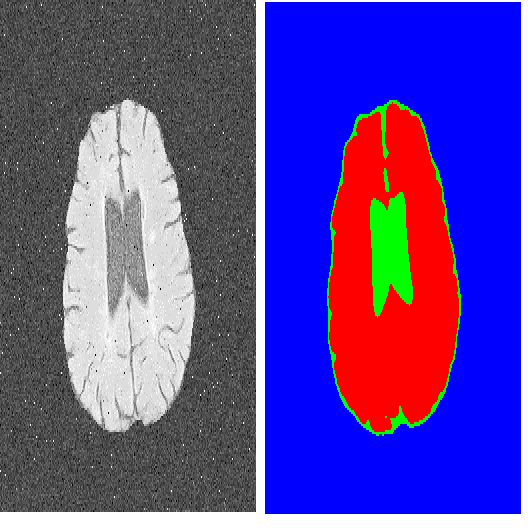Semi-supervised medical image segmentation (SSMIS) has been demonstrated the potential to mitigate the issue of limited medical labeled data. However, confirmation and cognitive biases may affect the prevalent teacher-student based SSMIS methods due to erroneous pseudo-labels. To tackle this challenge, we improve the mean teacher approach and propose the Students Discrepancy-Informed Correction Learning (SDCL) framework that includes two students and one non-trainable teacher, which utilizes the segmentation difference between the two students to guide the self-correcting learning. The essence of SDCL is to identify the areas of segmentation discrepancy as the potential bias areas, and then encourage the model to review the correct cognition and rectify their own biases in these areas. To facilitate the bias correction learning with continuous review and rectification, two correction loss functions are employed to minimize the correct segmentation voxel distance and maximize the erroneous segmentation voxel entropy. We conducted experiments on three public medical image datasets: two 3D datasets (CT and MRI) and one 2D dataset (MRI). The results show that our SDCL surpasses the current State-of-the-Art (SOTA) methods by 2.57\%, 3.04\%, and 2.34\% in the Dice score on the Pancreas, LA, and ACDC datasets, respectively. In addition, the accuracy of our method is very close to the fully supervised method on the ACDC dataset, and even exceeds the fully supervised method on the Pancreas and LA dataset. (Code available at \url{https://github.com/pascalcpp/SDCL}).
翻译:暂无翻译




